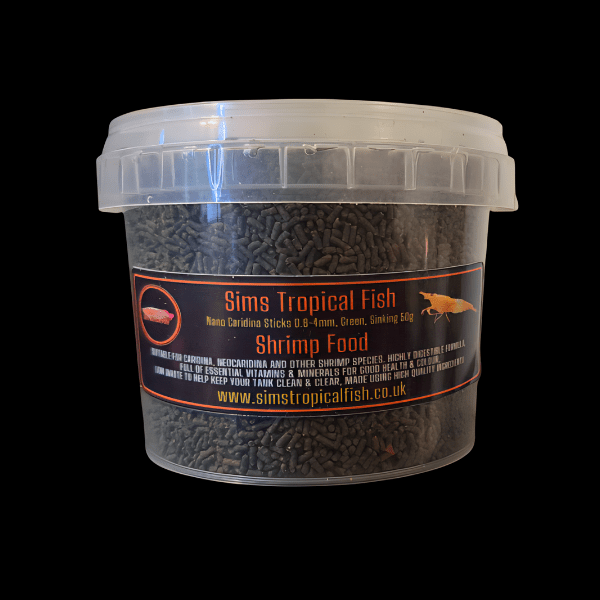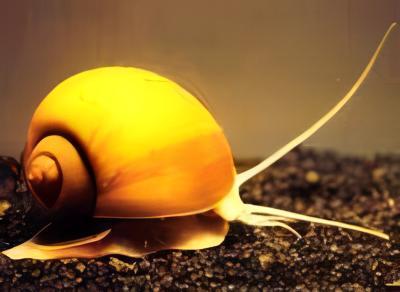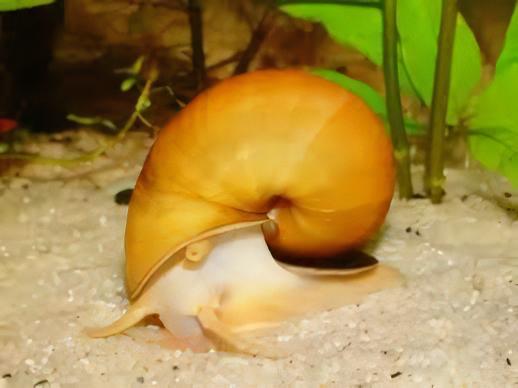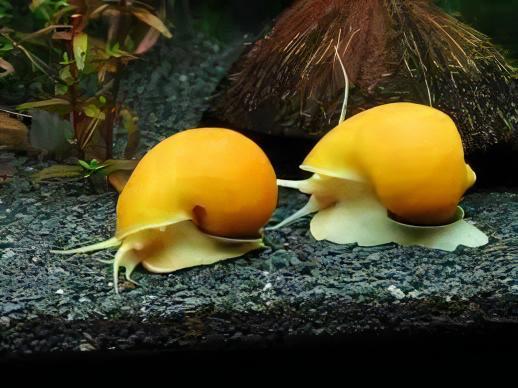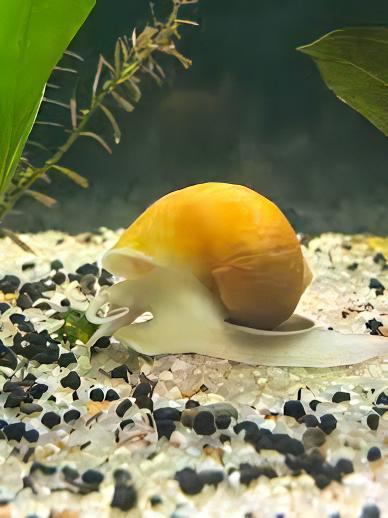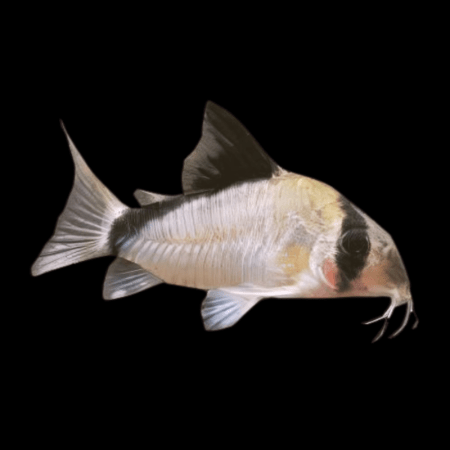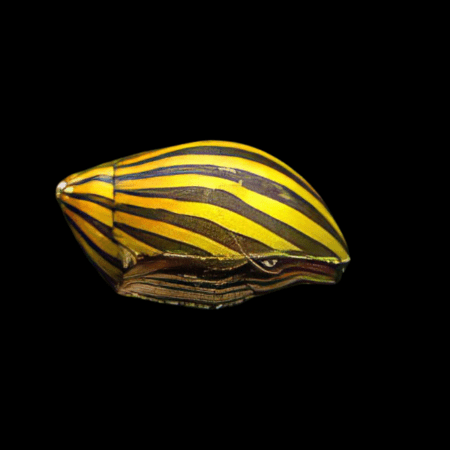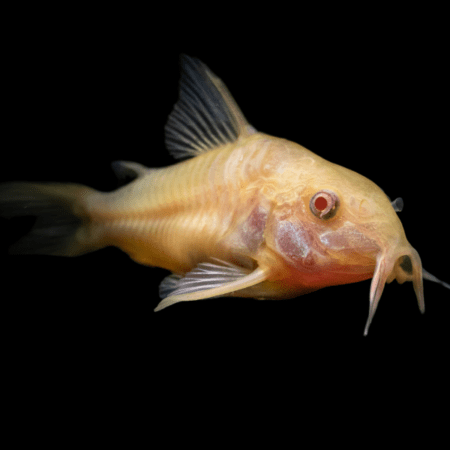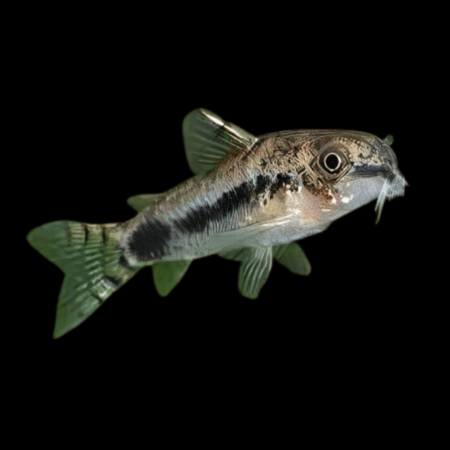Description
Pomacea Canaliculata
Overview: Pomacea canaliculata, commonly known as the Golden Apple Snail, is a freshwater snail species originating from South America. Popular in the aquarium hobby, these snails are recognized for their vibrant golden-yellow shells and unique appearance.
Habitat:
- Tank Size: Provide a spacious aquarium with a minimum of 10 gallons for a small group of snails.
- Water Parameters:
- Temperature: 70-82°F (21-28°C)
- pH Level: 7.0-8.0
- Water Hardness: 8-15 dGH
- Substrate: Use a soft substrate, such as sand or smooth gravel, to prevent damage to their delicate foot.
Diet:
- Vegetarian Diet: Golden Apple Snails are primarily herbivores, feeding on aquatic plants. Include a variety of fresh vegetables like lettuce, spinach, and zucchini in their diet.
- Supplemental Feed: Offer specialized snail food or algae wafers to ensure they receive proper nutrition. Calcium-rich foods are crucial for shell health.
Tank Environment:
- Filtration: Maintain efficient filtration to keep the water clean and prevent the accumulation of waste.
- Decor: Provide hiding places and surfaces for them to climb, such as rocks or driftwood. Live plants can serve both as decorations and a food source.
- Lighting: Golden Apple Snails do well with moderate lighting. Avoid intense, direct light to prevent algae overgrowth.
Behavior and Compatibility:
- Solitary Nature: Golden Apple Snails are generally peaceful, but they may show aggression toward each other if space and resources are limited.
- Compatibility: They can coexist with most peaceful community fish, but avoid housing them with aggressive or fin-nipping species.
Breeding:
- Egg Clutches: Golden Apple Snails lay bright pink egg clutches above the waterline. Remove them if you wish to control population growth.
- Separation: If breeding is not desired, keep a single snail or monitor population growth closely.
Health Considerations:
- Shell Health: Ensure a balanced diet with sufficient calcium to promote strong shell growth. A lack of calcium can lead to shell deformities.
- Water Quality: Regular water changes and proper filtration are essential to prevent waterborne illnesses.
Caution:
- Invasive Species: Pomacea canaliculata can become invasive in non-native environments. Do not release them into the wild.

